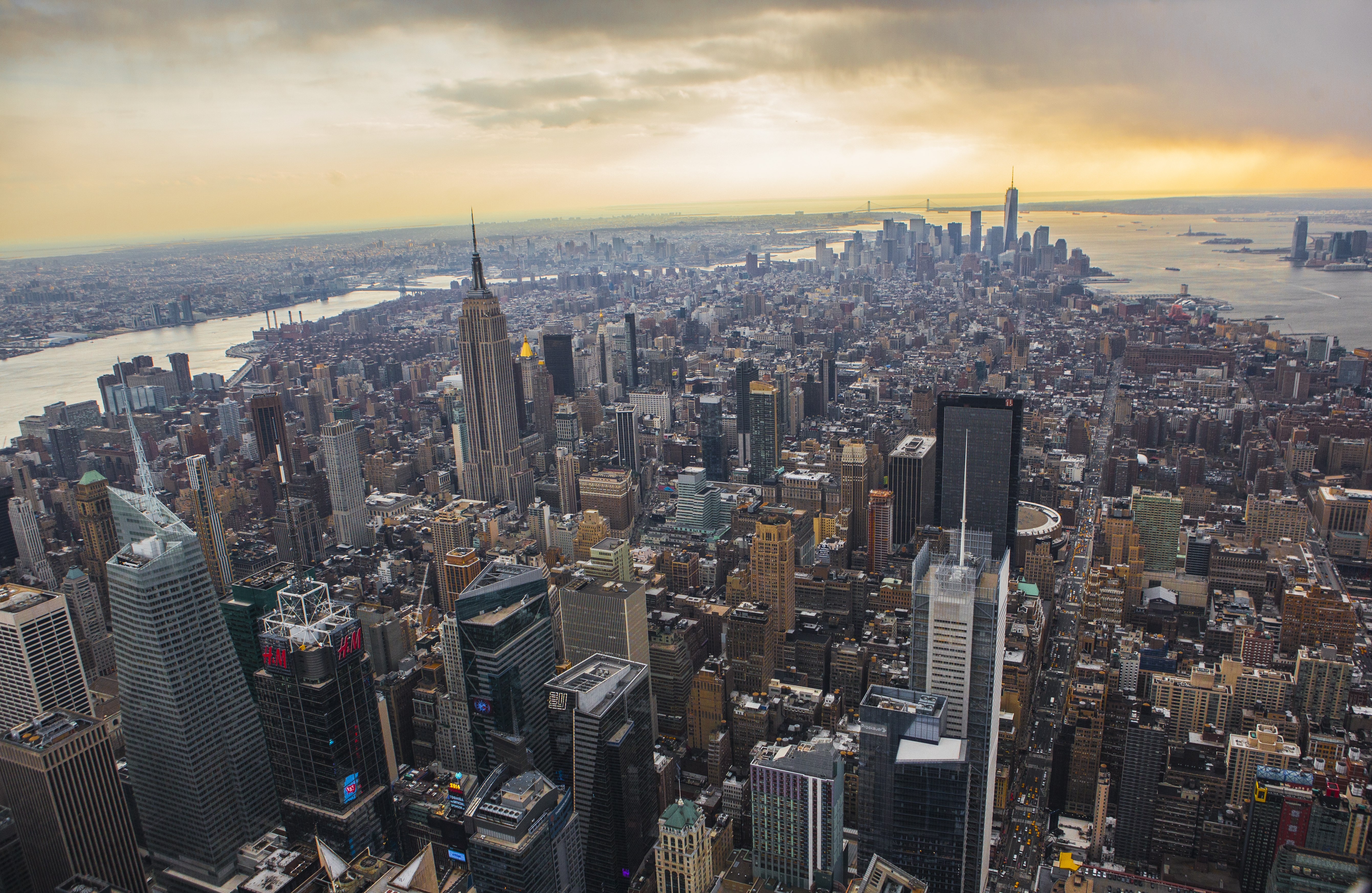Although the American economy has been perceived to be in a rough place by many, it could be much worse, as a recent study by the Organization for Economic Cooperation and Development (OECD) has highlighted.
From the time of the 2008 financial crisis, the U.S. economy has grown by more than 10 percent, adjusted for inflation.
By comparison, Japan’s economy has hardly grown at all in the last eight years, while the Eurozone has grown by less than one percent.
While some of this lackluster growth in other regions can be attributed to a lack of population growth— the Eurozone has only grown by two percent and Japan has experienced a loss of population since 2008— the fact that U.S. GDP has grown six percent doesn’t completely explain the disparity.
For Europe, it is widely believed that monetary policy set by the European Central Bank since the market meltdown has worsened the economic recession. The EU’s tight-money policies, which have made it harder to get credit, while raising interest rates, are believed to be largely responsible for the EU’s unemployment rate of over 10 percent.
Japan is believed to mainly be struggling due to its low rates of reproduction and aging population. This loss of people has made it so its economy is not as strong.
Although the U.S. has ultimately performed better economically in the past, it clearly is doing quite well in comparison to some of its other first-world counterparts.

